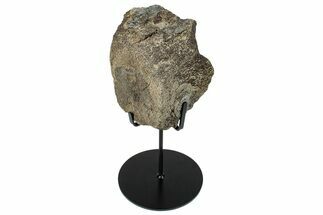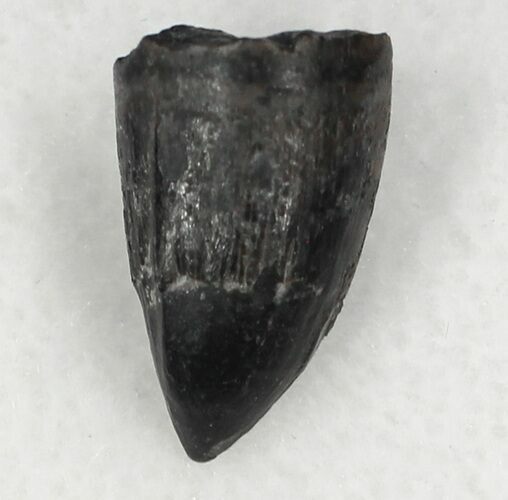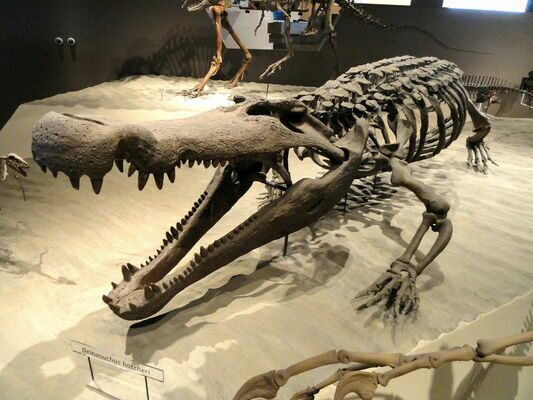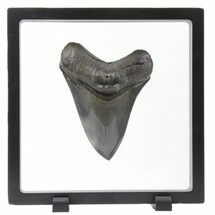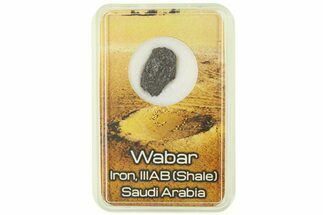This Specimen has been sold.
Sharp .53" Deinosuchus Tooth - Javelina Formation, Texas
This is a nice Deinosuchus riograndensis tooth collected from the Javelina Formation of Brewster County, Texas. Comes in an acrylic display case.
This specimen was collected within the past year on private deeded property in Brewster County, Texas. You won't see any other dinosaur material from the Javelina Formations for sale because nearly all of the formation lies the borders of a national park or in Mexico which can not be collected. One of our partners was lucky enough to purchase several hundred acres of ranch land in Texas containing a good exposure of these formations and we will be offering more material from the locality in the future.
This specimen was collected within the past year on private deeded property in Brewster County, Texas. You won't see any other dinosaur material from the Javelina Formations for sale because nearly all of the formation lies the borders of a national park or in Mexico which can not be collected. One of our partners was lucky enough to purchase several hundred acres of ranch land in Texas containing a good exposure of these formations and we will be offering more material from the locality in the future.
Deinosuchus, whose name translates to "terrible crocodile", is an extinct alligator that lived during the Late Cretaceous. Deinosuchus would have been an apex predator of its time, and fragmentary evidence indicates it may have reach absolutely gigantic sizes of up to 50 feet in length. Deinosuchus fossils have been found in 10 US states, including Texas and Montana, but more frequently along the east coast. It would have had a body shape fairly similar to modern crocodiles and likely preyed upon the dinosaurs present in its habitat. It likely had a bite force far in excess of even T. rex.
SPECIES
Deinosuchus riograndensis
LOCATION
Brewster County, Trans-Pecos Region, Texas
FORMATION
Javelina Formation
SIZE
.53" long
CATEGORY
SUB CATEGORY
ITEM
#33215
We guarantee the authenticity of all of our specimens.
 Reviews
Reviews


